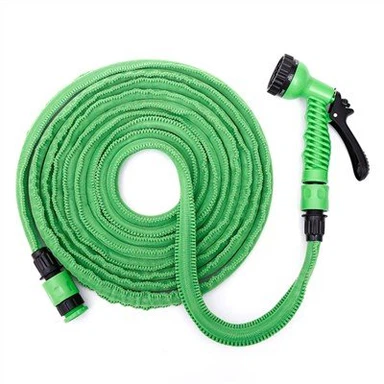Can PVC plastic hose be used for fuel oil
Mar 12, 2022
Although no plastic pipe product can handle all applications, PVC (polyvinyl chloride) products can cover a wider range of applications that can be provided by any plastic material. Flexible PVC pipes have chemical corrosion resistance, excellent wear resistance, flexibility similar to rubber, visual contact with fluid (transparent style) and excellent flow characteristics. In addition to these functions, various structural options (such as steel wire, spiral, braided or braided reinforced or non reinforced pipes) and different formulations available (industrial, fuel and oil grade, 3-A, FDA, NSF, uspvi grade) make PVC attractive, Wider use:
Chemical treatment, water transmission, waste product line, viscous fluid treatment, wet or dry food treatment, beverage transmission, dairy processing, granular material transmission, air and gas supply, vacuum line, pump discharge, spray system, small engine fuel line, protective sleeve, drinking water and irrigation system.
Some disadvantages of PVC are that when some fluids (such as concentrated acids and strong bases) are transmitted through it, it may harden and become less soft. Standard PVC pipes do not work well with fuel and oil, and they will harden and break easily when used as oil pipes. Of course, special PVC formulations can be used for fuel and oil applications.
Industries using PVC plastic hoses include: medical industry; Industrial; laboratory; Chemical food, beverage and dairy products; appliances; Cleaning equipment; Swimming pool and Spa; And more.






